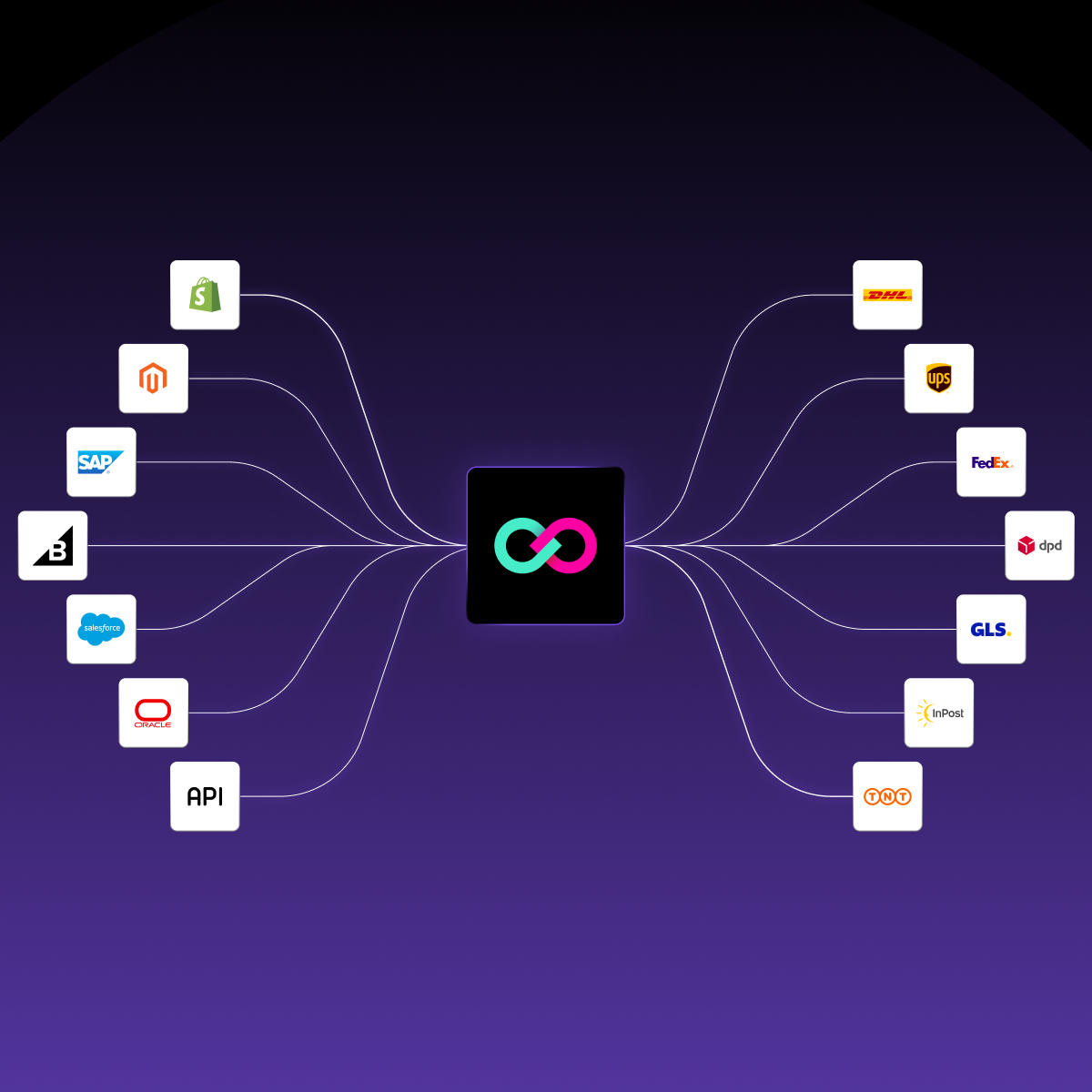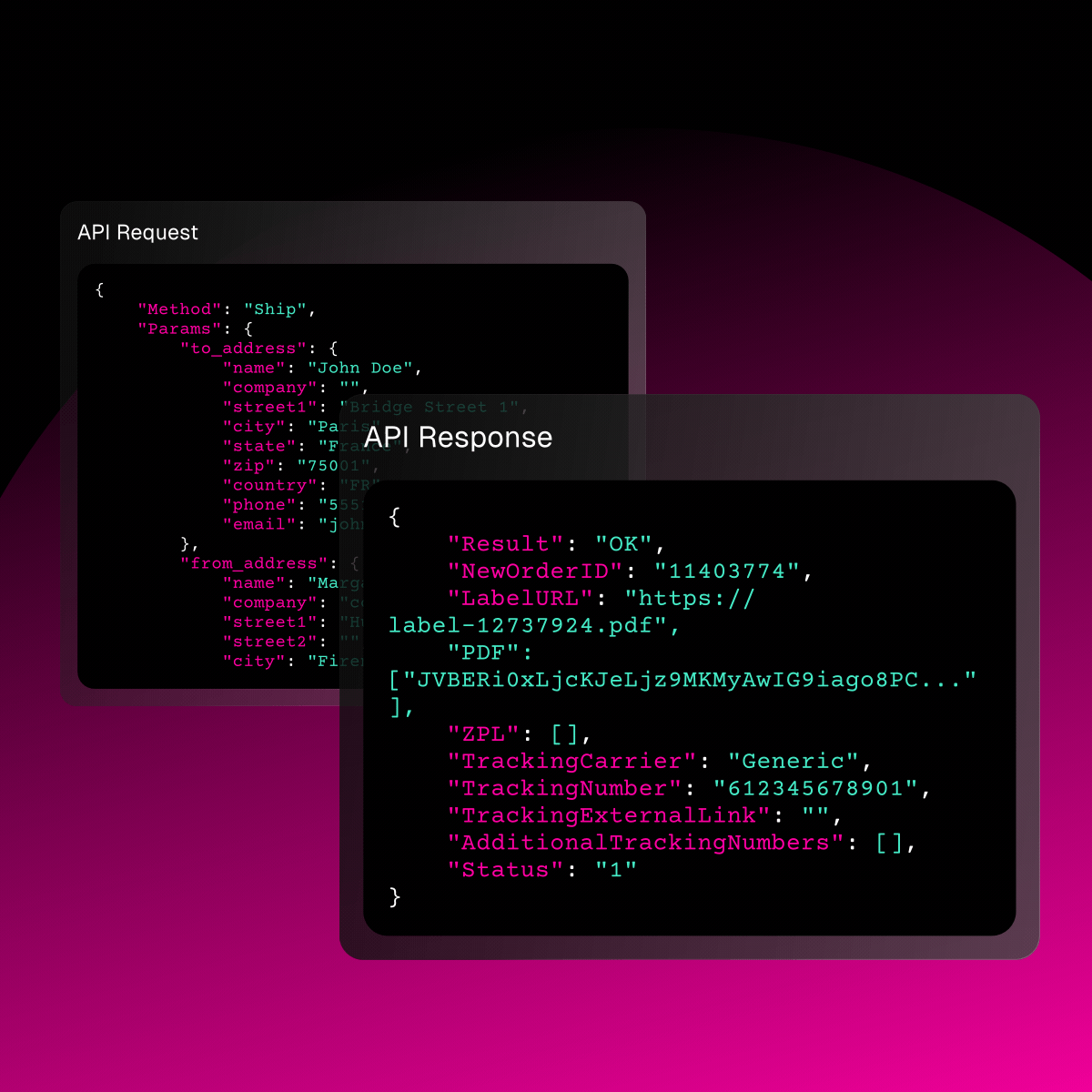What is a Parcel Audit? The complete guide
 By
Giulia Castagna
·
3 minute read
By
Giulia Castagna
·
3 minute read

Cost optimisation and profit margin increase have become, now more than ever, the number one priorities for companies of all industries and sizes. Reducing costs, however, is not as straightforward as it may look at first glance.
Why? It's not always easy to understand and decipher invoices, especially regarding carrier invoices and logistics documents.
That's when Parcel Auditing comes into play. Read our guide, discover what is a parcel audit, how to perform one, and what benefits it can bring to your company.
What is a Parcel Audit and is it necessary?
Parcel auditing is the process of analysing shipping invoices and carrier contracts to identify billing errors, surcharges, and other discrepancies. It is an essential practice for companies that rely heavily on parcel shipping to ensure they're paying the correct amount for their shipments.
The need for parcel auditing arises for several reasons. These are the main ones:
- The person who checks carrier invoices may not be the same person who signed the carrier contract. Therefore, they may not know if the invoices are accurate
- Many costs are always changing, including fuel, remote areas, storage, failed deliveries, address changes and various surcharges:
- Fuel costs can vary based on market prices.
- Remote areas may incur additional fees.
- Storage fees may change depending on the duration.
- Failed deliveries can result in extra charges.
- Address changes may also lead to additional costs.
- The time used to check invoices is an internal cost. Considering thousands of lines per month, it can become very expensive quite quickly.
4 key benefits of parcel audits
Cost recovery and savings
Parcel audit services meticulously scrutinise shipping invoices, identifying any errors, duplicate charges, or overcharges. By reclaiming funds for inaccuracies and negotiating better rates with carriers, enterprises can significantly reduce shipping costs, and enhance overall cost management strategies.
Compliance
Parcel audits ensure compliance with contractual agreements and industry regulations, minimizing the risk of penalties and legal issues. By holding carriers accountable for adherence to service level agreements (SLAs) and billing accuracy, enterprises can maintain a high level of trust and integrity in their supply chain operations.
Data-driven decisions
Parcel auditing generates actionable insights through advanced analytics and reporting capabilities. By analysing performance metrics, and cost-saving opportunities, enterprises can identify optimisation opportunities, negotiate favorable contracts, and drive continuous improvement initiatives across their supply chain ecosystem.
Enhanced visibility
Parcel audit solutions offer comprehensive visibility into shipping processes, providing detailed insights into carrier performances. This transparency empowers enterprises to optimise logistics operations, mitigate risks, and choose the best logistics partners for their needs.
How to perform a parcel audit step-by-step
If conducted manually, freight invoice analysis can take up a lot of time. But if you were to do it without any tool, here are the steps you should follow:
- Collect all carrier invoices as they come in
- Remove duplicates and make sure the data is formatted properly
- Look for invoice errors
- Look for discrepancies and surcharges.
Keep your carrier contract at hand every step of the way while performing manual parcel auditing. It will help you identify surcharges faster.
After the audit is completed, you have to reach out to your logistics partners to resolve identified issues and negotiate favourable terms.
Lastly, implementing improved processes and controls to prevent future billing errors is a must-have to ensure the sustainability of future parcel audits.
7 Factors that can impact pricing
What should you look for? Here are 7 common issues that can cause extra logistics costs for your company:
- Late deliveries
- Warehouse parcel storage
- Oversized parcels (sometimes logistics companies may calculate the wrong weight. Yes, it happens)
- Delivery to remote areas (for example, to islands)
- Weekend delivery
- Incorrect Address Corrections
- Missing discounts
Parcel audit software: advantages
While parcel auditing offers numerous benefits, businesses may encounter issues along the way. Some common challenges include:
- Managing a large volume of shipping invoices and contracts
- Identifying complex billing errors and discrepancies
- Ensuring consistent communication and follow-up with carriers
- Keeping up with changing carrier rates and industry regulations
- Implementing auditing processes effectively without disrupting daily operations.
That's why enterprise companies invest in automation and choose parcel audit softwares to analyse carrier invoices.
These systems leverage machine learning and AI to go through huge databases to match contract deals and invoice data. The output thoroughly analyses logistics costs and surcharges that can be avoided or renegotiated.
Many benefits come from leveraging automated parcel auditing.
- Lower internal costs in terms of people and time spent to analyse freight invoices every month
- Optimised logistics costs
- More control over logistics KPIs, therefore more power to renegotiate prices with logistics partners.
- Automating tasks like checking invoices, resolving disputes, and processing refunds can help businesses run smoother. It reduces mistakes, saves time, and improves efficiency
Parcel auditing: the future of invoice analysis?
Cost optimisation and profit margin enhancement remain top priorities for enterprises across industries. Parcel auditing emerges as a critical solution, enabling companies to identify billing errors, surcharges, and discrepancies in shipping invoices and carrier contracts.
By streamlining operations, reducing internal costs, and leveraging automation, parcel audit software empowers enterprises to drive efficiency, optimise logistics costs, and enhance profitability in their supply chain management.
Embracing advanced technologies like machine learning and AI, companies can navigate the complexities of logistics invoicing with confidence, driving sustainable cost savings and operational excellence.

Curious by nature, analytical by mindset, Giulia Castagna is the voice behind ShippyPro’s content. As Content Marketing Manager, she simplifies complex logistics topics for those who ship around the world every day. She writes about AI, automation, and shipping trends to inspire data-driven decisions.









